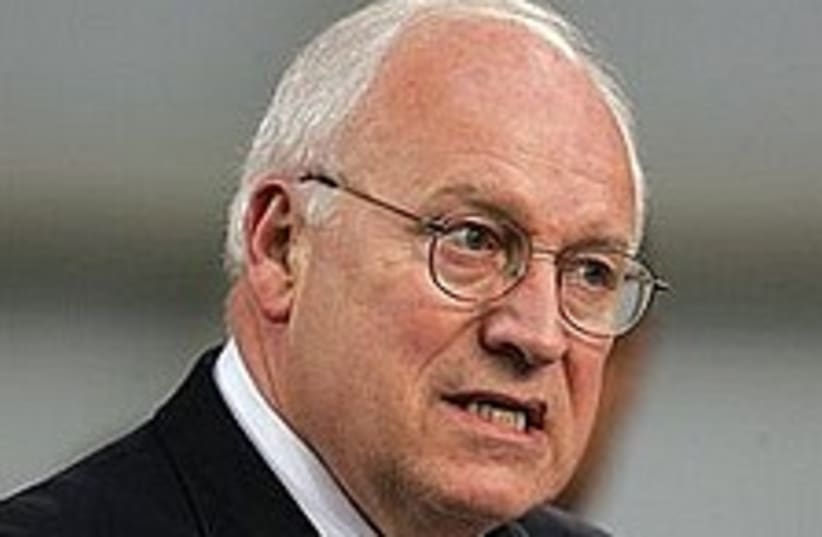| More about: | Iran, Dick Cheney, Saudi Arabia, International Atomic Energy Agency |
Egyptian, Saudi leaders urge Cheney to seek more negotiations over Iran
Egypt: We call for Iran to show more flexibility and cooperation, and we call for a continuation of dialogue with Iran.
